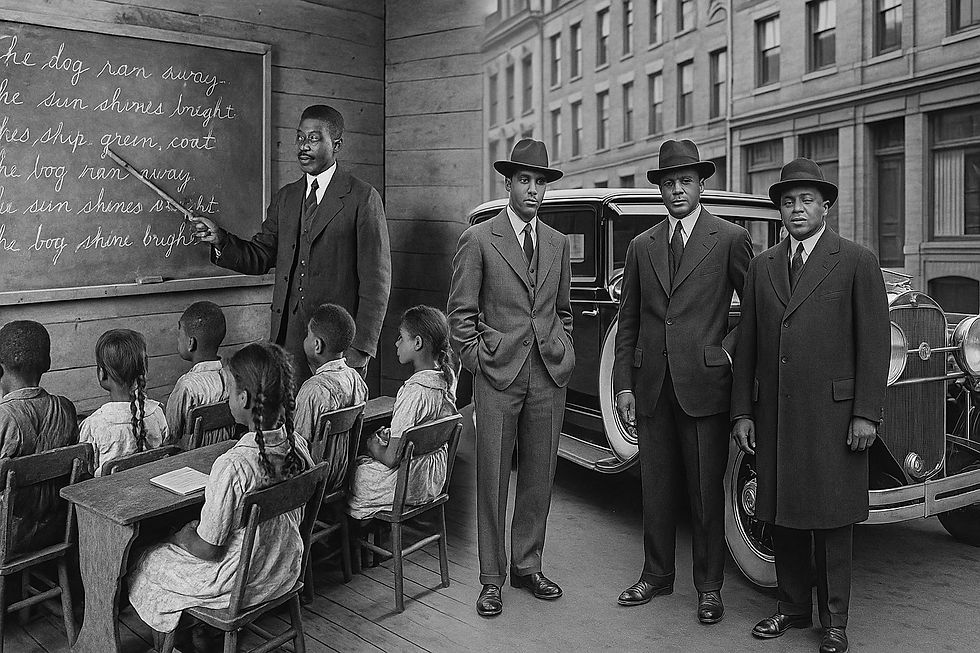THE COLBERT CONSPIRACY? When #1 Rating Doesn’t Mean Profit: The Economics Behind the Cancellation
- lhpgop
- Jul 25, 2025
- 3 min read

(Ed. Note:)DUE TO THE TOPIC AT HAND AND KNOWING THAT ..the far left fanboys of the show are still crying into the spoankrags, this article was majority built on information from reliable and mostly Left sources when possible. The fate of the Colbert driven hate show had to have a finite arc as that level of extremism that was being courted can only run for a certain amount of time. The fact that Colbert nor any of his well financed friends stepped in to offer a viable alternative either on TV or online shows you that the “Champagne Socialist” is out of style being replaced by a new more vicious and not very happy hardcore Left. Colbert can work on his memoirs at the summer cottage in the Hamptons…
Despite holding the highest-rated late-night slot for nine consecutive seasons, The Late Show reportedly lost around $40 million a year, largely due to high production costs and slumping ad revenue GQ+5Business Insider+5New York Post+5Wikipedia+1The Times+1.
With a 200-person staff, high-cost NYC studio, celebrity guests, and complex technical needs, production easily pushed total costs into the $100 million range annually—Colbert’s salary alone was estimated between $15–20 million Reddit+2Nate Silver+2The Wall Street Journal+2.
Meanwhile, ad revenue fell sharply—from about $121 million in 2018 down to around $70 million last year, correlating with declining viewership in the prized 18–49 demo MarketWatch+2Nate Silver+2The Washington Post+2.
For a public company like Paramount/CBS, even a #1 rated show is a liability if it drains tens of millions of dollars annually at a time when traditional ad markets are collapsing. Late-night ad revenue across networks dropped from nearly $439 million in 2018 to just $220 million in 2024 GQ+5The Wall Street Journal+5MarketWatch+5.
Stewart & Colbert: Personal Investment or Public Instrument?
Jon Stewart—longtime producer and creative partner—has passionately defended Colbert, calling the cancellation a product of corporate cowardice and political appeasement to the Trump administration Pajiba+15Business Insider+15The Wall Street Journal+15. But this is layered:
Stewart has deep professional and financial ties to the Colbert franchise, built and nurtured through decades of collaboration and production Nate Silver+4YouTube+4New York Post+4.
Critics argue Stewart and others may be amplifying a political narrative—gaslighting fans and liberals who expect institutions to defend ideological criticism—rather than acknowledging the undeniable financial realityNew York PostReddit.
Though politics may have contributed to the decision environment, CBS and insiders repeatedly stated the cancellation was based on economics, not content or politics The Times+6Snopes+6New York Post+6.
Why Blaming “Trump Retaliation” Is Overplayed
The argument that the cancellation was a concession to “Trump retaliation” effectively shifts blame from market forces and corporate decision-making to a political storyline:
The idea taps into familiar Left-wing fears—cancel culture—yet ironically, corporate cancellation here stems from financial underperformance, not ideological intolerance GQ+3The Washington Post+3New York Post+3.
Late night’s audience shift to TikTok, podcasts, and streaming has eroded ad revenue. CBS trimmed none of the costs, opting instead to end the franchise outright—a business judgment rather than ideological purgeWikipedia+5The Week+5GQ+5.
Yes, Colbert had criticized the Trump settlement and empire, and yes, cancellation followed soon after—but few in power were profoundly impacted by his political monologues, and fewer still pulled levers for it. The real driver was a drying market and strategic paralysis.
Final Takeaway: A Dying Format, Not Political Sacrifice
The cancellation should be viewed as the rejection of a financially unsustainable television product, not as ideologically motivated sabotage.
Even as the #1 late-night show, the losses were substantial and indefensible in a climate of rapidly declining viewership and advertising markets.
Claims that the show could have been self-funded or moved online ignore complexities of economics, contracts, and scale.
Jon Stewart and sympathetic voices may have conflated moral outrage with professional investment, spinning a narrative that downplays the fiscal reality.
The notion of "cancel culture" fits poorly here—this was a network cutting losses, not censoring speech.
The truth: The Late Show with Stephen Colbert declined in value, and CBS acted accordingly. It’s a marker not of political cowardice, but of a format that aged out of its economic viability.




Comments